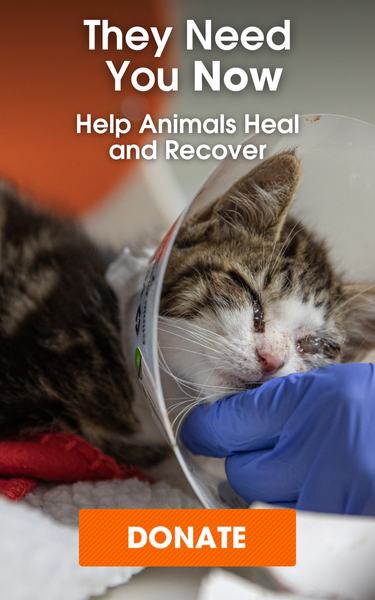
Can You Dig It? Compost and Fertilizer Pet Safety Tips!

In the summertime, many dogs and even cats enjoying digging in the dirt and playing in mulch and garden beds. But it’s important to keep the following safety tips from the ASPCA Animal Poison Control Center (APCC) in mind to avoid potential toxin exposures to your pets as they play outside.
Avoid free access to fertilizers: Fertilizers are irritating to the gastrointestinal tract when ingested and in large quantities, can cause severe vomiting, diarrhea and even neurologic signs such as hindlimb weakness/pain, uncoordinated walking and tremors. Small exposures typically have self-limiting signs, but larger exposures could require veterinary treatment. Some fertilizers can also contain various insecticides and additives, so pay close attention to ingredients.
Remember where flower bulbs are planted: Plant bulbs can cause gastrointestinal upset and significant irritation to the stomach. If bulbs are ingested in large pieces or whole, they can cause an obstruction in the gastrointestinal tract, which may require surgical intervention. Depending on the type of bulb, large ingestions can also cause changes to blood pressure and potentially neurologic signs.
Be mindful of compost: Compost is often used to enrich soils in flower and garden beds. Use caution with what you put in your compost to avoid unintentional toxicities with things such as garlic, onion and grape waste products. If certain kinds of mold (called ‘tremorgenic mycotoxins’) are present in the compost and pets ingest it, they could be at risk for neurologic signs such as tremors and seizures.
Cocoa mulch: Some types of mulch are made from cocoa bean hulls. These products often have a sweet chocolatey aroma, which is appealing to humans and pets alike. If ingested, cocoa mulch can cause toxic symptoms just like chocolate itself, such as gastrointestinal, cardiac and neurologic side effects.
Keep your garden looking pretty and your pets out of harm’s way with these safety tips!
If you suspect that your pet ingested something potentially toxic, please call your veterinarian or the ASPCA Animal Poison Control Center at (888) 426-4435 immediately.
